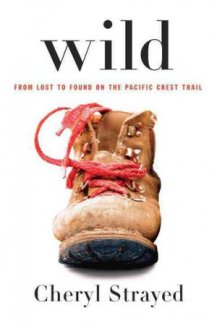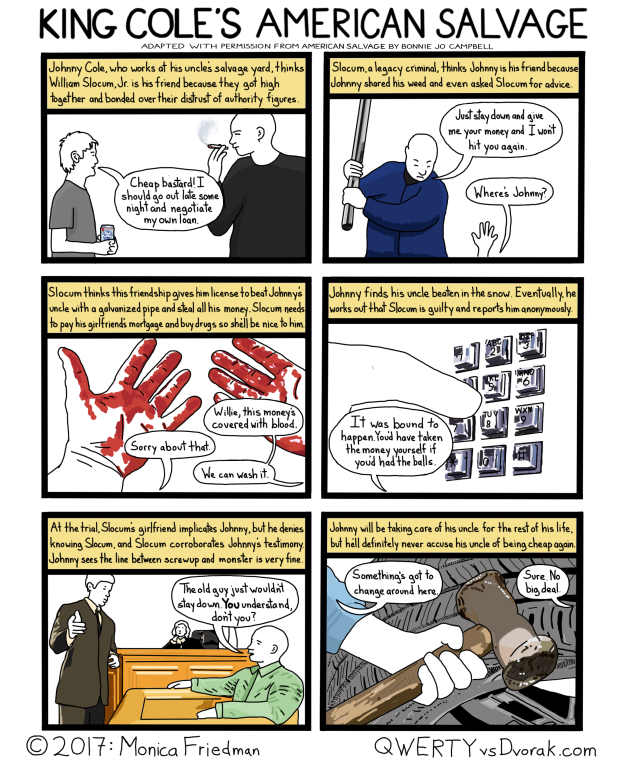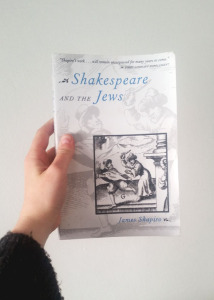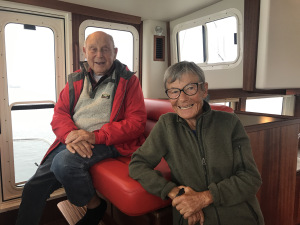We place so much value in ideas about how our actions and achievements define us. I wonder if what we accomplish or do not accomplish means anything at all. Are not achievements themselves merely abstract constructs, someone else’s idea of what constitutes value or has merit? Are not success and merit themselves merely ephemeral concepts? From where does this mandate of achievement and success and the standards by which we measure each emanate? Some days I think it’s all just bullshit.
In observing other species, rarely do we see displays of competitiveness except over matters of sheer survival. Fights may be had over food or mates, but rarely over being in charge of others and certainly not over something as petty as who aced the final in algebra. There are exceptions, of course, especially among the primates from whom we descend. There are some species who have very endearing qualities from which we might learn a thing or two, such as Black Vultures who mate for life and share parenting responsibilities equally, and Emperor Penguins who engage in coordinated diving for food in groups, to ensure the survival of all. But even among bees, who have a queen, the queen is not in charge of the other bees, she just helps ensure their survival by  birthing more bees and, in turn, is protected by her hive. Male lions can be brutes, as can male humans, but the women of both species tend to work communally to raise and protect their offspring.
birthing more bees and, in turn, is protected by her hive. Male lions can be brutes, as can male humans, but the women of both species tend to work communally to raise and protect their offspring.
Yet it seems to be a uniquely human characteristic to seek evaluation by one’s peers as a measure of success. Our need to be held in high regard by others is downright obsessive, even when being held in such regard makes no effective difference in our lives. Social status, and especially financial status, is the yardstick by which we so coldly and callously measure ourselves and others. Even in spite of the very painful and public excoriation we see the most adored among us endure when they inevitably fall from social favor, we seek to be like them or, rather, like our concept of them before their fall.
Should not whatever brings one the most joy, the most satisfaction, be the measure of one’s efforts? Why must it matter so much what others think of us? After all, they don’t have to live in our skin, only we do. Are you most satisfied when you win an award or are mentioned in the news for some accomplishment? Or does quietly helping a neighbor, completely beyond the public eye, yield the most satisfaction? Perhaps what brings you joy is a photograph you took or a canvas you painted or the cookies you bake every December, tins of which you gleefully gift to friends and family. Does it really matter what others think, or is it what you think of yourself and your efforts that matters the most? Do we need the approval of others, or is our own approval all we really need?
I have recently been reading Cheryl Strayed’s memoir, Wild, in which she recounts grieving the death of her mother as she comes of age while traversing the Pacific Crest Trail alone. As she nears the border of Oregon on her northward trek and considers whether she will make it to the Bridge of the Gods at the Washington border, she  ponders, “Who would I be if I did? Who would I be if I didn’t?” Strayed seems to be confronting this very idea of whose opinion matters most – that of others or her own – and in what ways she might need others in her life. Other hikers she has met have left the trail earlier than planned due to weather or personal circumstances. She knows that there is no one keeping score, no mandate to go on, and yet all along she struggles with whether leaving the trail before her planned destination is quitting or merely adapting, a reflection of her character or simply a prudent choice. As the clichéd sentiment goes, she eventually concludes that it is the journey that matters most, not the destination. This revelation seems encapsulated in her recollection of a moment with a young man to whom she was very attracted. Rather than behaving as she once would have and pursing a sexual encounter with him, she chose to just lay there experiencing her attraction without need to act. “For once I didn’t ache for a companion,” she tells us.
ponders, “Who would I be if I did? Who would I be if I didn’t?” Strayed seems to be confronting this very idea of whose opinion matters most – that of others or her own – and in what ways she might need others in her life. Other hikers she has met have left the trail earlier than planned due to weather or personal circumstances. She knows that there is no one keeping score, no mandate to go on, and yet all along she struggles with whether leaving the trail before her planned destination is quitting or merely adapting, a reflection of her character or simply a prudent choice. As the clichéd sentiment goes, she eventually concludes that it is the journey that matters most, not the destination. This revelation seems encapsulated in her recollection of a moment with a young man to whom she was very attracted. Rather than behaving as she once would have and pursing a sexual encounter with him, she chose to just lay there experiencing her attraction without need to act. “For once I didn’t ache for a companion,” she tells us.
She was finally enough for herself.
Advertisements Share this:





